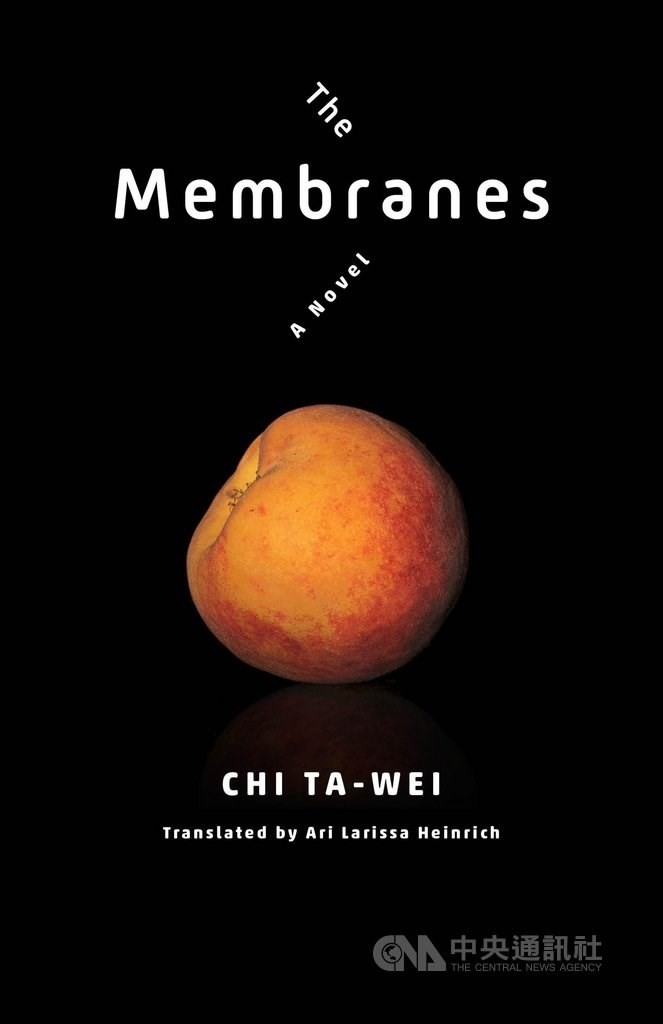
Taipei, Oct. 16 (CNA) Taiwanese writer Chi Ta-wei has expressed surprise at the success his visionary 25-year-old novel with LGBTQ themes has had in the West after being published in translation for the first time in July.
Speaking from Taiwan on his novel The Membranes at a forum held by the New York Public Library on Thursday, Chi said he has been surprised twice, first that the novel was picked up for translation after existing in Chinese since 1995, and second that the translation received more positive reviews than the Chinese original.
"It might be fair to say that readers find The Membranes wired to Western cultural references more than to Chinese cultural references. That's why I think the book seems more popular among English readers," Chi said.
The Membranes is set in the late 21st century, when humanity has migrated to domes at the bottom of the sea to escape devastating climate change.
With a prescient portrayal of a dystopian world, it follows its heroine's quest for self-understanding, and its queer and trans themes have made it one of Taiwan's most iconic LGBTQ works.
"The Membranes reveals the diversity and originality of contemporary speculative fiction in Chinese, exploring gender and sexuality, technological domination, and regimes of capital, all while applying an unflinching self-reflexivity to the reader's own role," wrote Columbia University Press, which published the translation.
Chi is a writer and professor, who teaches LGBTQ studies and disability studies at National Chengchi University in Taipei. The Membranes was his second book, completed when he was only 23 years old, and his first book translated into English.
Picked up by Columbia University Press, The Membranes was translated by Ari Larissa Heinrich, professor of Chinese literature and media at Australian National University, who also joined the talk.
One of the book's key features stems from being written more than two decades ago in the pre-Netflix era, when the success of writers was not defined by having their work adopted for the big screen.
That was why, Chi said, he did not want to resort to "compulsory visualization," as writers and readers have the right to see characters and scenes as abstracts, leaving them free to exercise their imagination.
Heinrich was drawn to the book because of that, saying he enjoyed the way Chi outlined features of the future, which "pack a punch," and the autonomy Chi gives his readers to use their imagination without telling them how to think.
What readers may be surprised by, Chi said, is that his story predicted much of what is happening today, such as the prevalence of social media and the pandemic.
"I think people in the 20th century were really smart. They knew what would happen today," Chi said.
"Yesterday's speculative fiction is tomorrow's documentary," Heinrich added.
The Membranes is part of a Columbia University Press "Modern Chinese Literature from Taiwan" book series that was launched in 1998.
It has since translated and published 26 leading works of modern Taiwanese literature, including some by Wang Chen-ho , Yang Mu , Chu Tien-wen and Chu Tien-hsin .
The most recent addition to the series was Lo Yi-Chin's "Faraway," which was translated by Jeremy Tiang and published in September 2021.